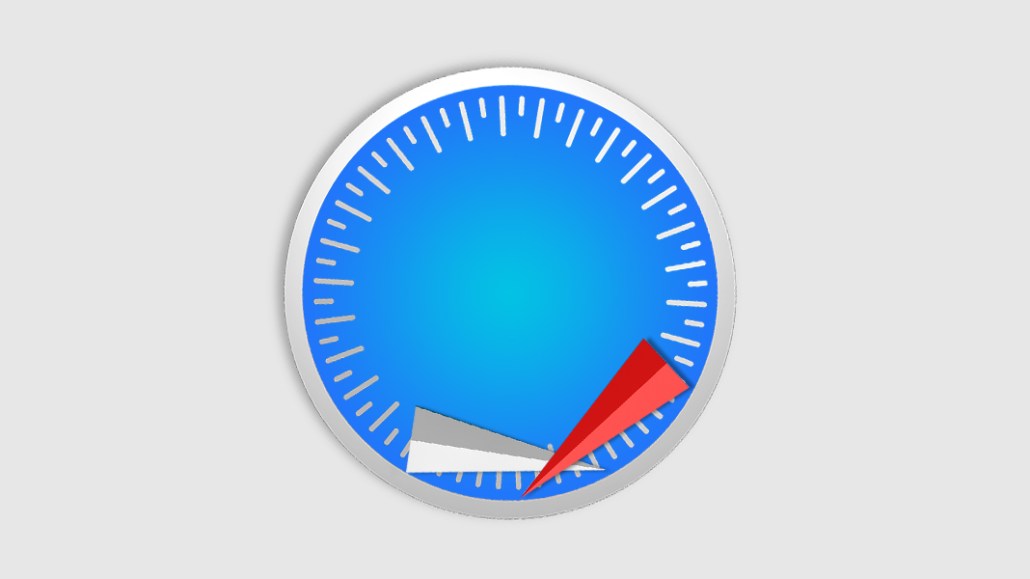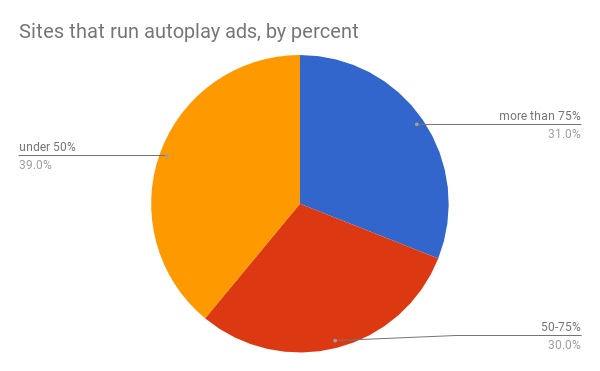Best of the week: Apple acts against publishers’ interests

This week, our top stories covered the effects of Apple’s Safari update, the Apple-Facebook impasse and Anna Wintour’s impact as Condé Nast’s artistic director. As always, a complete list of these articles appears at the bottom.
Apple disregards publishers with recent moves
Apple updated its Safari browser last month to prevent third parties from tracking users for more than 24 hours after they visit a site. Although publishers that sell their ad inventory directly said the update hasn’t affected them, several publishers heavily reliant on programmatic advertising said it’s now generally harder for them to make money off their audiences.
CafeMedia, which sells more than half of its impressions programmatically, has seen CPMs on Safari about 10 percent lower than expected heading into the fourth quarter, said CafeMedia co-founder Paul Bannister. “It has already had an impact on our revenue,” he said, “and that will only be compounded as adoption [of Safari’s update] increases.”
Meanwhile, Apple made another recent move to the detriment of publishers, which were supposed to be the winners of Facebook’s plan to provide a way to sell subscriptions in Instant Articles. Apple didn’t want Facebook to let publishers sidestep its App Store and avoid giving Apple its customary 30 percent cut of in-app purchases, so the test was delayed and will now launch only on Android devices.
Anna Wintour’s influence
In her four years as Condé Nast’s artistic director, Anna Wintour has touched nearly all its titles, replacing editors and making key appointments, and consolidated its editorial and business creative staff into one team. Many inside the company and out view her tenure as largely positive.
With Chairman Si Newhouse’s death and the impending departures of star editors-in-chief Graydon Carter and Cindi Leive, Condé Nast is entering a new phase that people will look to Wintour to navigate. “She is kind of the reigning celebrity editor now,” said one insider, “so you just hope that translates into good decisions that are for the benefit of the whole company.”
Stat of the week
One-third of sites autoplay more than 75 percent of their video ads, while one-third of sites autostart between 50 and 75 percent of these ads, according to a MediaRadar analysis of sites that run video.

Quote of the week
A programmatic specialist at a legacy publisher explains the rift between the company’s direct-sales team and the programmatic department:
“Our direct-sales team doesn’t want us to be transparent in how we sell programmatic. Our direct salespeople say, ‘You are selling CPMs for $2 programmatically and I am trying to sell CPMs for $10, so why the hell would any agency ever buy from us direct?’ They think I am the boogeyman trying to take all their money. They’d rather not have the agency know how cheap the inventory is selling for on an open exchange.”
Interesting takes elsewhere:
- BuzzFeed News’ Craig Silverman investigates a digital ad fraud scheme that used a network of sites linked to industry insiders to steal what could be millions of dollars from big brands like Procter & Gamble and Disney.
- Business Insider’s Melia Robinson examines former Evernote CEO Phil Libin’s fasting diet.
This week’s top Digiday stories:
- Publishers are already feeling pain from Apple’s move against ad tracking
- Publishers are caught in the crossfire of the Facebook-Apple fracas
- Four years in: Grading Anna Wintour’s tenure as Condé Nast artistic director
- The rise (and fall) of autoplay video, in 5 charts
- ‘They think I’m the boogeyman’: Confessions of a programmatic exec at a publisher
- Amazon’s power pushes CPG brands to look to e-commerce alternatives
- ‘The power center has always been in LA’: Video goes full Hollywood
- ‘Sandwiching’: How to outsmart Instagram’s algorithm to drive engagement
More in Media

In Graphic Detail: The scale of the challenge facing publishers, politicians eager to damage Google’s adland dominance
Last year was a blowout ad revenue year for Google, despite challenges from several quarters.

Why Walmart is basically a tech company now
The retail giant joined the Nasdaq exchange, also home to technology companies like Amazon, in December.

The Athletic invests in live blogs, video to insulate sports coverage from AI scraping
As the Super Bowl and Winter Olympics collide, The Athletic is leaning into live blogs and video to keeps fans locked in, and AI bots at bay.








